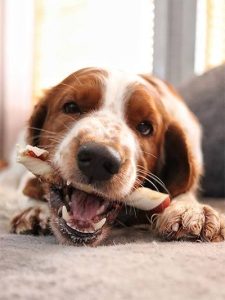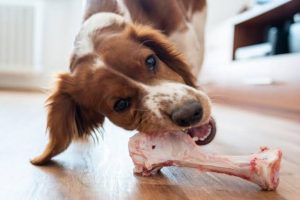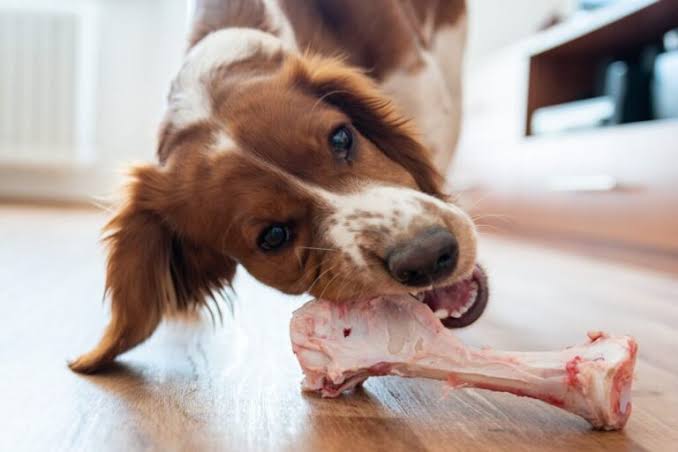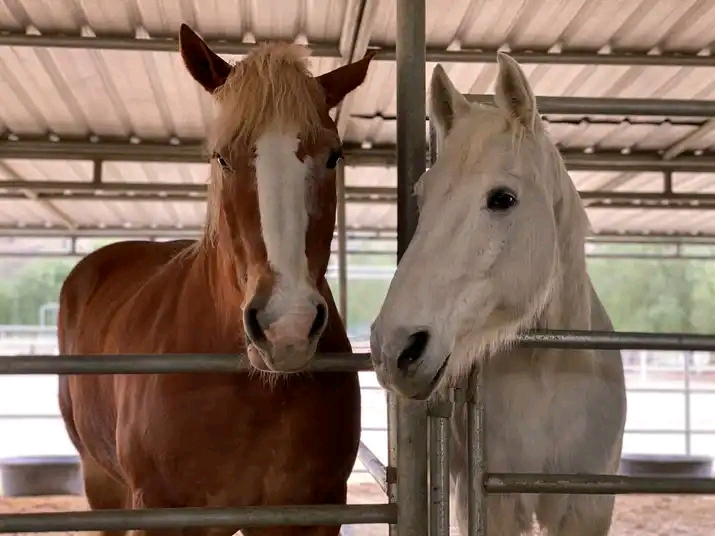Dogs are one of the pets we enjoy keeping. Yes. This is because they understand humans and can play with humans comfortably. Humans also feed dogs. Not all dogs eat the same thing, some are interested in playing with their friends.
Additionally, others have underlying health issues that make them not enjoy eating. It is always better to check if your dogs enjoy eating bones, too. In this article, we will be looking at why some dogs don’t enjoy eating bones.
1. Natural Instincts
Dogs have instincts. Many breeds were developed for specific purposes. Some are hunters. Others are trained to be herders. Your dog’s dietary requirements may be based on these instincts. Some dogs may not have a strong inclination to chew bones.
They may prefer softer foods. Their instincts guide their choices. A dog that relies on a different diet might show little interest in bones.
READ MORE: Why Does My Bird Not Like Drinking Water?
2. Dental Health
Dental health plays an important role in a dog’s eating habits. Your dogs may be experiencing dental issues. These can include gum disease or tooth decay. So, if they chew on hard bones it can cause pain.
If your dog has a broken tooth, it may try to avoid bones. Additionally, painful chewing experiences lead to negative associations. A dog in discomfort will seek softer options.
Do well to watch for signs of dental issues in your dogs. Bad breath, difficulty eating, or excessive drooling can show that your dog feels discomfort. Regular dental check-ups can help keep your dog’s teeth clean.
3. Taste Preferences
Dogs have individual taste preferences. Just like humans, they can be picky. Some dogs may simply not enjoy the flavour of bones. They might prefer other treats or foods. Do well to try offering different types of bones. Some may have added flavours.
Additionally, look for options infused with beef or chicken. If your dog has a favourite flavour, this can entice them to try it.
Texture can greatly affect a dog’s ability to eat. Some dogs prefer softer textures. Additionally, chewing on a hard bone might not be appealing. Do well to provide softer foods along with bones. This can help guide your dog’s preferences.
4. Health Concerns
Sometimes, health issues can affect appetite. If your dog feels unwell, it may avoid food altogether. Do well to pay attention to your dog’s overall behaviour. A change in appetite, energy levels, or bathroom habits can show health concerns.
5. Fear or Anxiety
Some dogs experience anxiety or fear. This can stem from past experiences. If a dog had a negative encounter with bones, it may avoid them. It is important to provide a calm environment during feeding. Do well to avoid distractions that may increase anxiety in dogs.
6. Training and Conditioning
Training plays a vital role in a dog’s eating habits. Do well to use positive training skills when introducing bones to dogs. Ensure you reward your dog for chewing his favourite bones. This can create a positive association. Over time, your dog may become more comfortable.




